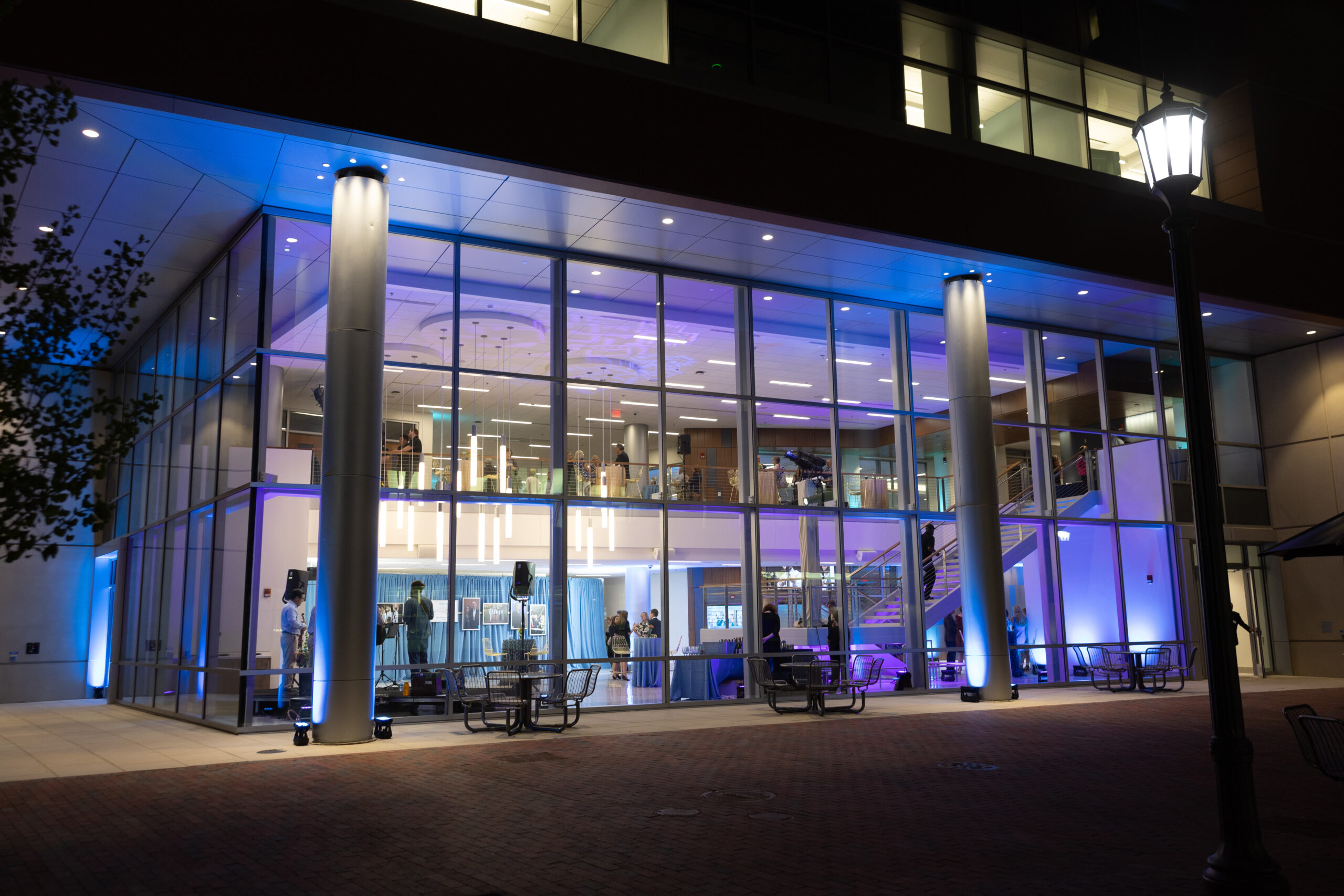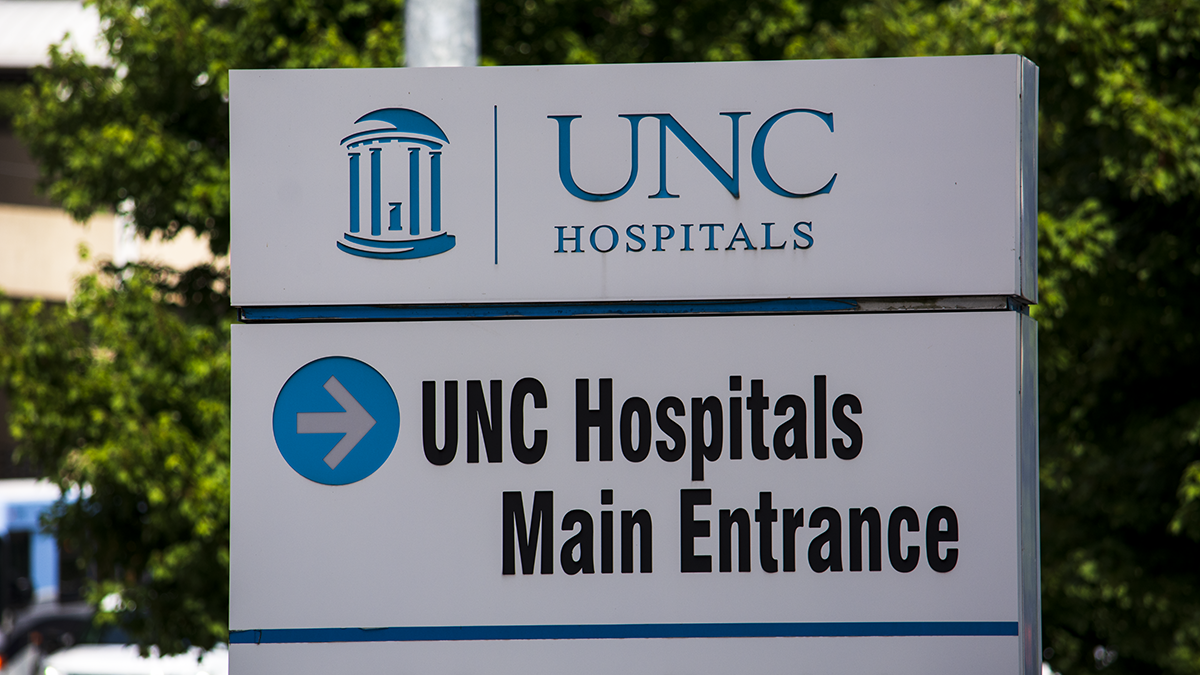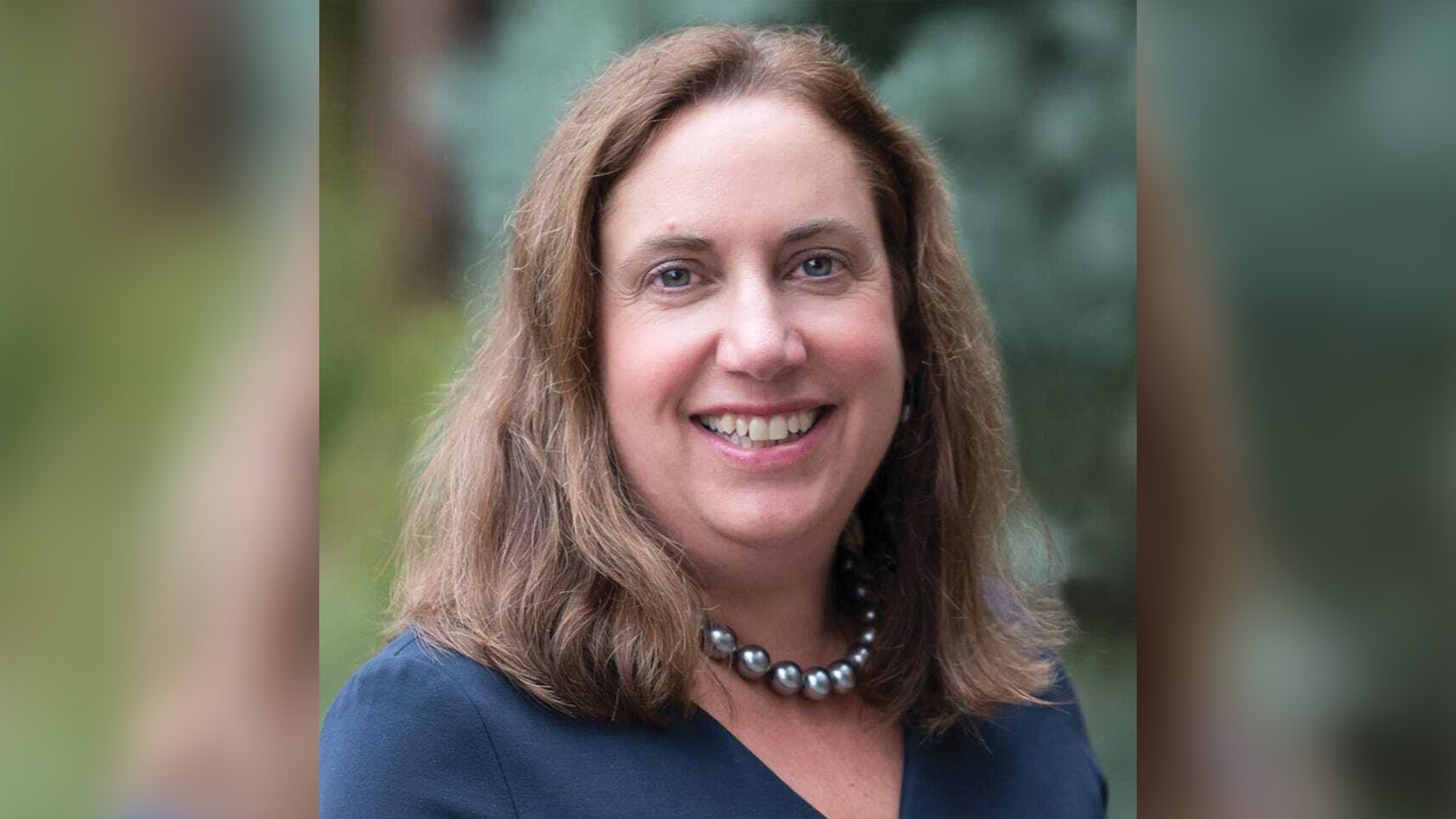“Is there a doctor in the house?”
If you watch enough movies and TV shows, sooner or later, you’ll hear someone shouting that question in the midst of a crowded room. It’s not the sort of line you hear in real life.
But medical emergencies do happen in public places, far away from hospitals. And when they do – even if we don’t quote the cliche – we immediately start hoping there’s a doctor around.
And oftentimes there is one.
But how often is that doctor actually willing to step in and act?
That’s a question that hasn’t been fully answered. There are reasons why doctors might hesitate to help – not the least of which is the danger of being held liable. (Some doctors have actually been sued for neligence while trying to help in an emergency.)
Many states (including North Carolina) have enacted “Good Samaritan” laws, designed to protect health care providers from liability if they step in to assist in medical emergencies.
But do those laws make doctors more likely to step in?
Until recently, we didn’t know. But now, a new UNC study has found that doctors are indeed (slightly) more likely to intervene if they’re protected by Good Samaritan laws. More encouragingly, though, the study also found that doctors are highly likely to intervene in an emergency even when they’re not protected.
The “North Carolina Good Samaritan Study” was conducted by UNC’s School of Medicine, UNC’s Department of Family Medicine, and the Gillings School of Global Public Health. For the first large-scale analysis of Good-Samaritan behavior by physicians since the 1960s, lead author William Garneau and a team of researchers surveyed a thousand doctors across the state.
The result: 80 percent of doctors reported that they’d had the opportunity to be a “Good Samaritan” at some point in their careers – and 93 percent of those said they did indeed step in to help. (What about the other 7 percent? Most of them said they didn’t step in because someone else had already taken charge of the situtation.)
And only 50 percent of doctors reported being knowledgeable about North Carolina’s Good Samaritan law. That suggests that more needs to be done to get the word out – but it also suggests that when there is, in fact, “a doctor in the house,” you can usually count on that doctor to help, even if state law doesn’t protect them from liability suits.
William Garneau is a fourth-year medical student at UNC; he discussed the study with WCHL’s Aaron Keck.
The study, co-authored by Gillings School professor Dean Harris, was published earlier this year in the journal BMJ Open.







Comments on Chapelboro are moderated according to our Community Guidelines